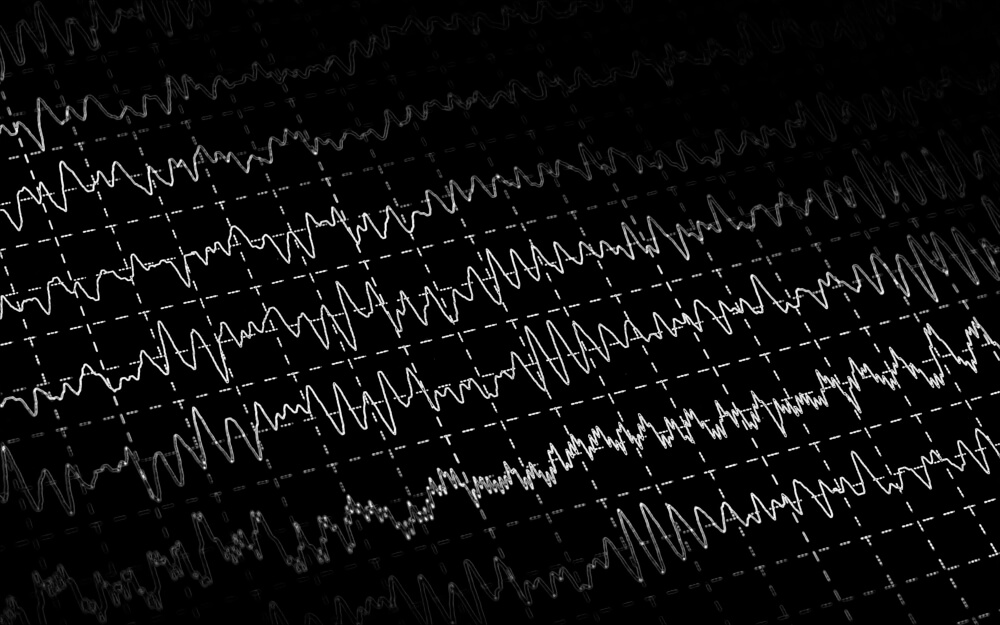Epilepsy can usually be controlled with medication or surgery, but currently there is no drug that cures the disease completely. Researchers have found a new method that may cure it. A research breakthrough

By: Lior Shamir
In experiments conducted on mice, the cell transplantation completely stopped the epileptic seizures in about half of the mice, and in the other half, a dramatic decrease in the frequency and intensity of the seizures was recorded
Photo: A. S. A. P. Creative Xpixel, Shutterstock
Epilepsy is a neurological disorder that manifests itself in bouts of brain overactivity. Epilepsy can usually be controlled with medication (or surgery), but as of today there is no drug that cures the disease completely, and therefore those suffering from the disease are forced to use drugs regularly for a significant part of their lives, which affects their quality of life. Furthermore, in a significant percentage of the patients, the various medications are not effective.
>> Galileo magazine as a gift! Click here to receive the benefit
Brain cell transplant
A new approach, based on cell therapy, may cure the disease itself and not just control the uncontrolled bursts of brain activity. The treatment is done by a one-time transplantation of embryonic cells originating from the ventral part of the brain (Medial Ganglionic Eminence, MGE). The transplant is done in the hippocampus, an area of the brain involved in a significant part of epileptic seizures.
The MGE cells exist in the brains of humans and other animals only temporarily in the embryonic stage, and they restrain the transmission of signals in overactive areas, thus preventing epileptic seizures when transplanted into an adult brain.
In experiments conducted on mice, the cell transplantation completely stopped the epileptic seizures in about half of the mice, and the other half saw a dramatic decrease in the frequency and intensity of the seizures.
More on Galileo:
* Watch rare documentation of open heart surgery performed on a baby
* The biometric database project: what is it and why is it bad for us?

2 תגובות
Hi, what's the next step? How is this expressed these days, for the people with epilepsy? A member of my family is sick. How can this information be used?
It sounds fascinating, but this article doesn't actually say anything serious - no broader data than the bottom line, not the names of the researchers or the university where the study was conducted, nor a reference to the original study to expand reading. Disappointing, I expected more from Hidan.